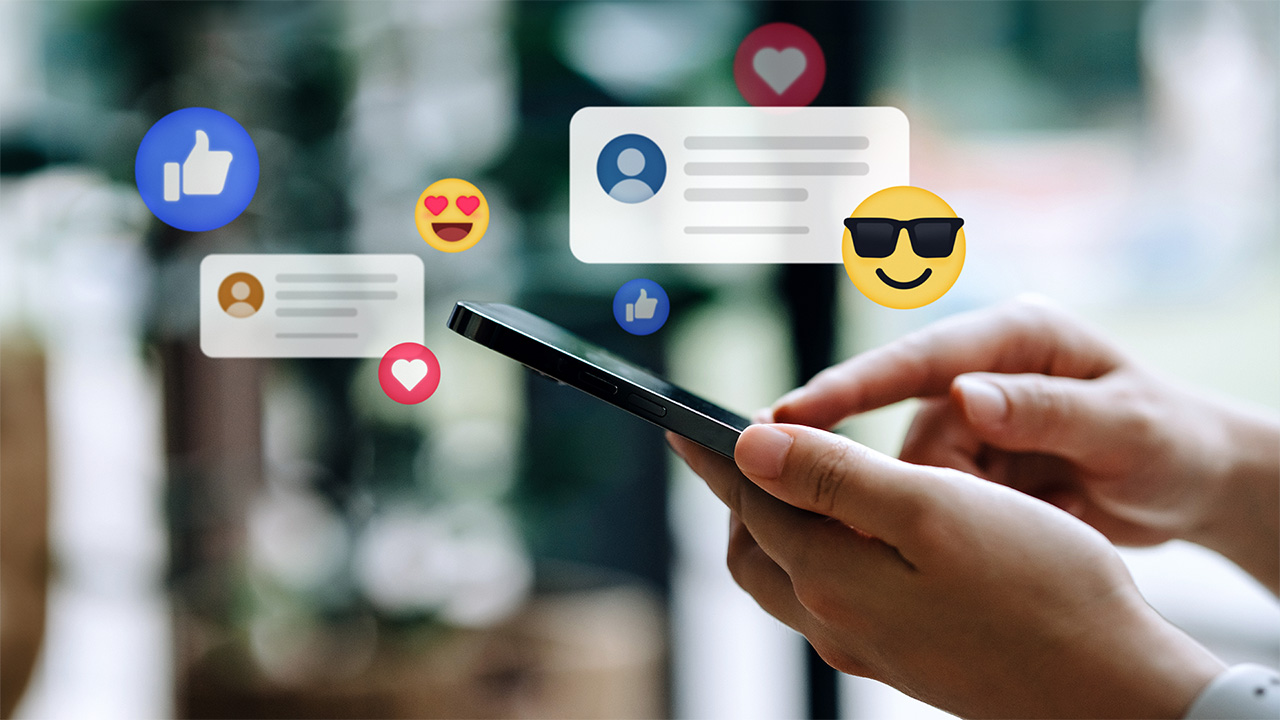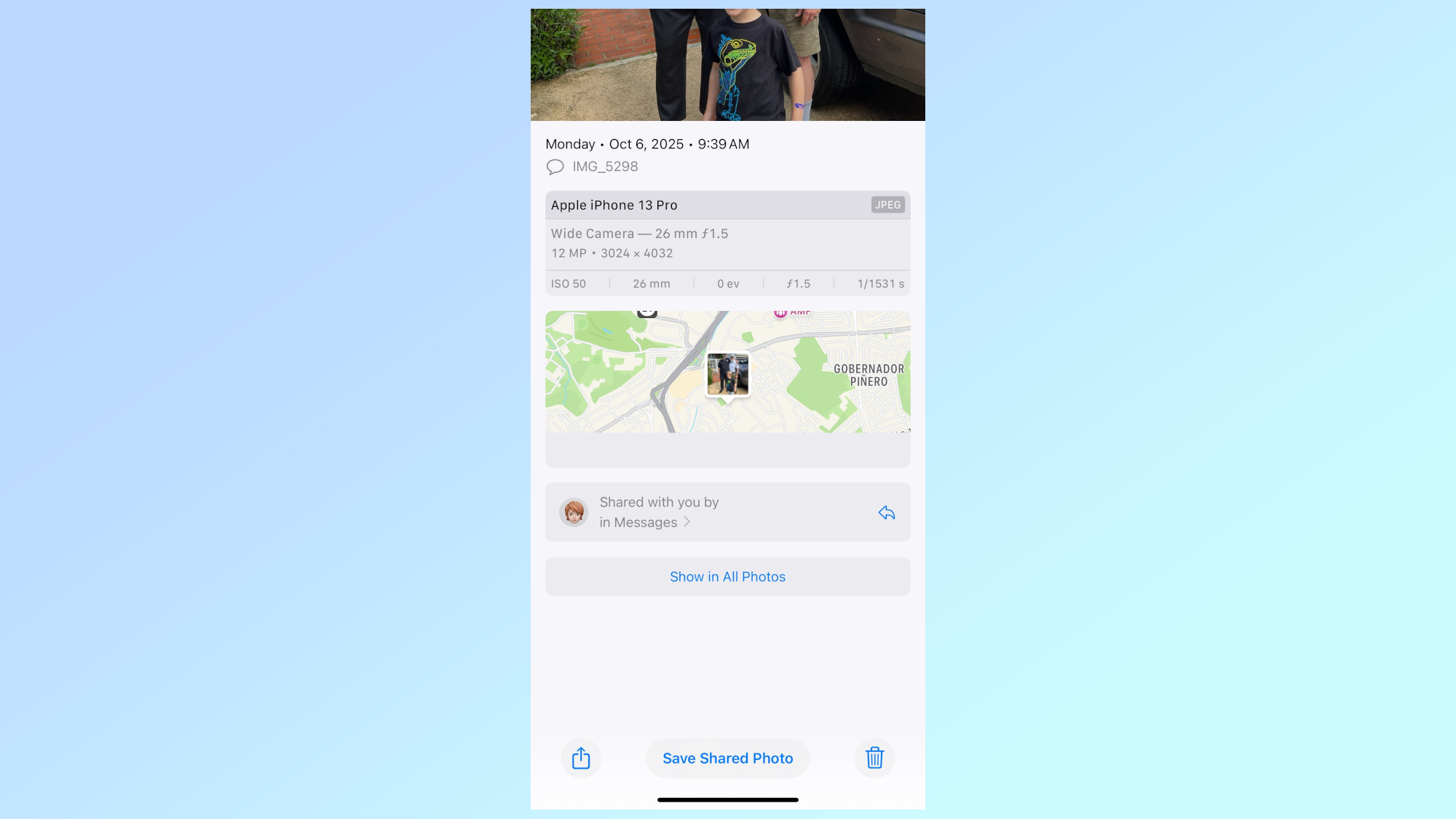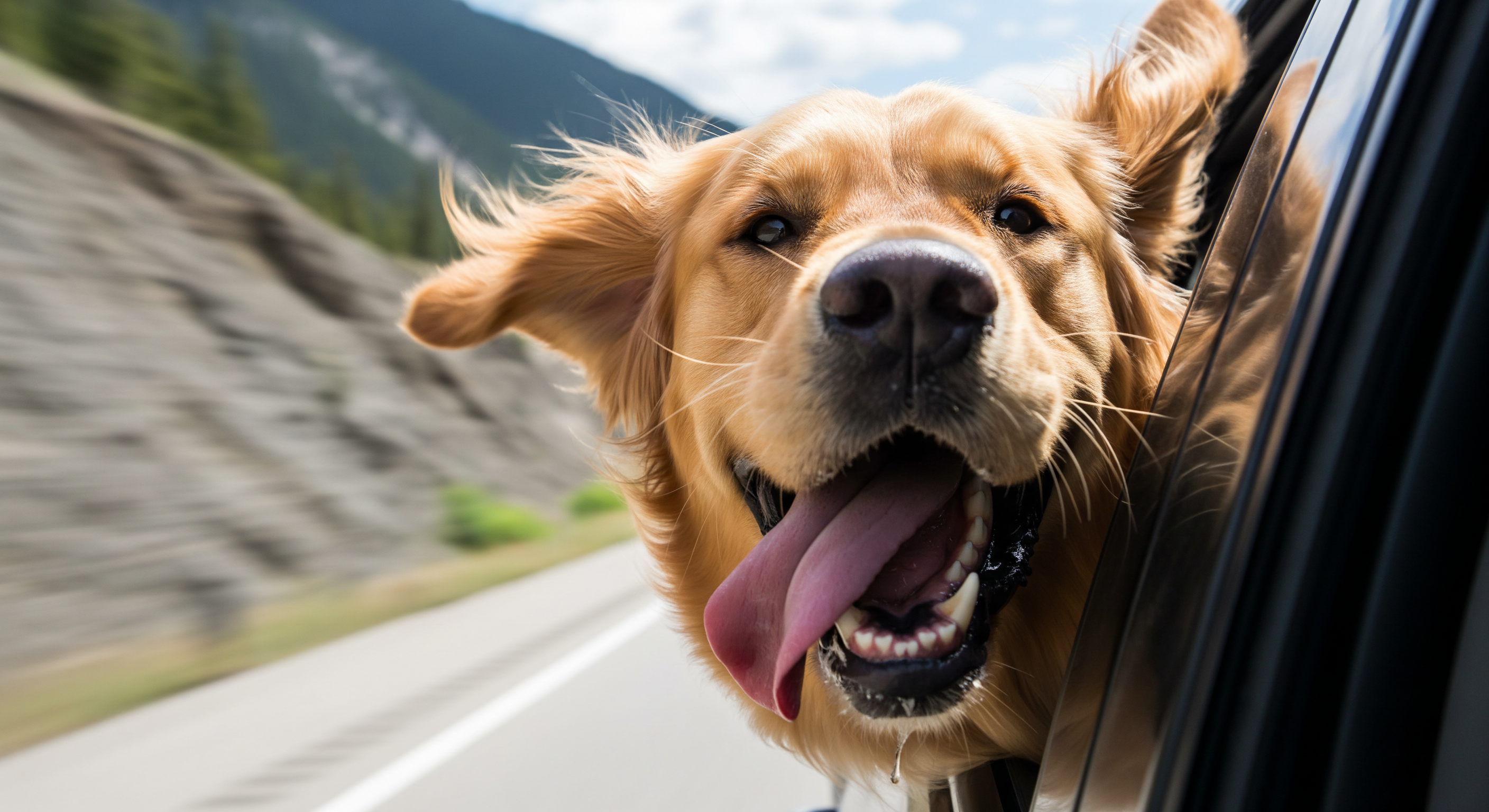7 things you should never share on the internet — and not the obvious ones like your address and SSN
Keep these details offline and out of the hands of hackers and scammers

At this point, most of us know not to share personally identifiable information online or on social media from our full names and addresses to our medical details, payment information or expensive new purchases. But even now, many years into our online lives, there are still some smaller details you may not immediately think of when posting online that are just as important to keep offline.
Even little bits of information can be pieced together by hackers and threat actors in order to commit phishing and fraud. Here are seven bits of information that you need to be careful to keep off the internet, that you may not have even considered.
Your current or future location

While it may seem obvious to not share your upcoming vacation dates or plans, in order to prevent against break-in’s and thefts, the same goes for shorter events like concerts, heading to the gym, taking an off-site meeting or attending an event like a conference.
If you’re going to be away from your home for a few hours, that’s still plenty of time for someone to break in, steal something outside or even vandalize your property. Schedule those posts for after you’ve gotten home. If you somehow can’t help from being public about your location, or sharing it with groups frequently, at least make sure you’ve got a good home security system with a few of the best home security cameras in place.
Your kid's school or extracurriculars

Sure you’re terribly proud of your kid’s soccer league, improv summer camp or Lego club final project but be careful about which details you post publicly and how.
A photo that includes a t-shirt with a camp name, a club name or a park location that can be easily Googled could be a security issue. Likewise, an image shared on Facebook that's easy to repost could be made public by someone else without your permission.
Anything that goes online should be considered public from the moment you press publish. You also want to be extra careful when it comes to minors by double and triple checking for any identifying information in regard to their school and extracurriculars.
Get instant access to breaking news, the hottest reviews, great deals and helpful tips.
Numbers on houses, apartments or vehicles

Likewise, you might want to share your excitement over a new car, motorcycle, house or apartment but the one thing you want to be sure doesn’t appear in the photo you post is the house number, apartment number or license plate number.
For example, that's a cute cat in the photo above, but it also contains a house number at the bottom. That’s personally identifiable information, and again, an image that’s easy to identify the location of if the settings aren’t right or if someone doesn’t realize the security issues involved may put you at risk of phishing or identity theft scams.
Location data on photos

Smartphone phones will embed GPS data in the image, unless you've opted to have that data turned off. If it hasn't been, that means that other people can find the GPS data in that photo and know the location of where the picture was taken. That could potentially make it easy for people to find you, if the image was taken in a place that you're in frequently like your workplace, your school or your home.
It's important to note a few things about photos: First, it's remarkably easy for other people to copy, alter or share images posted online even without your consent (screenshots are forever), unless you're stringent about privacy settings. Another thing to be aware of is that while you may have your own settings adjusted so that the GPS data isn't turned on for your own photos, pics that other people share with you may still have that location data enabled.
Work or event badges

It's important to network and self-promote especially at events for your industry. And social media can be helpful for that, but you'll want to be careful about sharing photos that include images of the badge you use to enter the event space.
Likewise, you should never share an image that includes details of the badge you use to enter your office or workplace. Not only does it provide details about your work location but QR codes or data on the badge that may be easy to duplicate and provide strangers with access which could lead to a major security issue.
Photos of documents

Documents, like a lease agreement, divorce papers, a job offer or any other legal paperwork, often provide a huge amount of personally identifiable information. There's simply no good reason for sharing this information online publicly, unless the point is to disclose information to everyone.
If you need to send documents to someone online, it's best to use a VPN or private Wi-Fi, make sure that you email the documents to a private email or server, and delete the images off your phone or computer afterwards.
Bonus: Names

Whether it's pets, your mother's maiden name, the pickleball team you play on, a tote bag or backpack that may have an embroidered name on it, a business card of a company that may have come to your house, all of these things could be used to phish additional information about you, figure out a password that you may have used or device an identity theft scam targeting you.
Moreover, if you have ever experienced issues with stalking or harassment, it could give people information to continue to act maliciously against you.
More from Toms Guide
- I'm a security editor and here's how I stopped a phishing attempt 1,900 miles away from home
- Lost or stolen phone? 7 essential steps to protect Your data
- I’m a security editor, and this is the antivirus I would buy with my own money

Amber Bouman is the senior security editor at Tom's Guide where she writes about antivirus software, home security, identity theft and more. She has long had an interest in personal security, both online and off, and also has an appreciation for martial arts and edged weapons. With over two decades of experience working in tech journalism, Amber has written for a number of publications including PC World, Maximum PC, Tech Hive, and Engadget covering everything from smartphones to smart breast pumps.
You must confirm your public display name before commenting
Please logout and then login again, you will then be prompted to enter your display name.
 Club Benefits
Club Benefits





